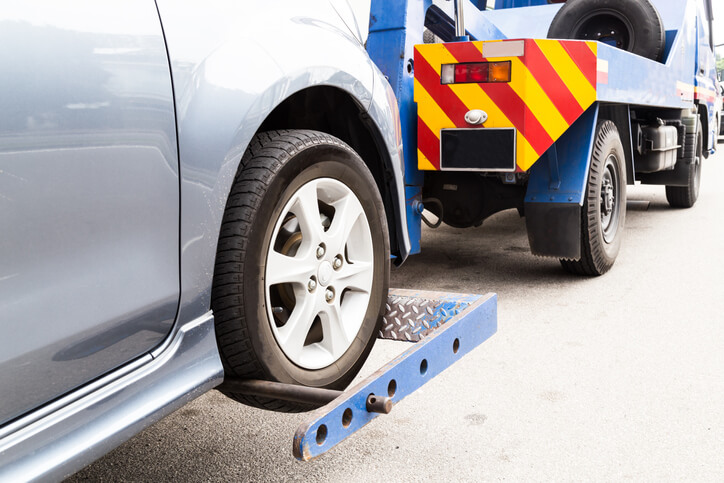When you’re shopping for a used car, it’s important that you check the vehicle for an outstanding lien. Statistically, it’s pretty common for a car to have a lien, in fact, over 40 percent of vehicles searched in Canada have one registered against them. If you aren’t aware of the lien before you buy, you could end up being responsible for the consequences. To help you make an informed decision when you’re buying used, we’ve outlined exactly what a lien is and why it matters to you.
What is a lien?
A car lien is an interest on the car that the owner grants to another party (such as a bank, financial institution, or other party), usually as security or collateral for a debt, until such debt has been discharged. For example, if you own a vehicle and you finance all or some of that vehicle with a bank, it will likely have a lien registered against it by the bank. The vehicle is the bank’s “security” that you will pay back the money they loaned you. If you don’t pay it back, they could repossess the vehicle.
Why is it important to know about liens?
As a buyer, you may be responsible for any unpaid debt (or the amount of the lien) registered against a used vehicle that you buy. If you find out that the lien was not paid off on a car you now own, then the secured party may be able to repossess the car from you. That is why it is crucial to know whether there are any liens registered against the vehicle you are purchasing – information that a CARFAX Canada Vehicle History Report + Lien Check can help you figure out.
What is a lien check?
You’ve more than likely already guessed that a lien check is a vital step you need to take when researching any potential financial burdens on a vehicle. It searches for liens in each province or territory in Canada (excluding Northwest Territories) where the VIN is currently or was previously registered. Discovering any existing liens puts you in the driver’s seat when it comes to deciding whether or not you want to proceed with the purchase or negotiate a lien release.
How do I check if a car has a lien?
As we mentioned earlier, our lien check can help you access important information related to the vehicle, including information on the lender holding the lien. The best starting point to find out this information is to get a Vehicle History Report + Lien Check.
What lien information is available on a CARFAX Canada report?
If there is a lien registered against the vehicle, the report will provide (to the extent this information is made available):
- The name and address of the person who owes the money (individual debtor)
- If a business owes the money, the package will have the business debtor’s name, the corporation number, and the full street address
- The name and address of the lender (the secured party)
- The place where the debt is registered (registering agent)
- The collateral classification (vehicle)
Don’t be afraid to ask questions about the specifics of the loan from both the seller and the secured party. As the buyer, it is your responsibility to get all the necessary information you need to buy a used car with confidence.
How can you remove a lien?
So, you ran the lien check and found out the vehicle does in fact have a lien on it. Now what? First things first, request that the current car owner pays off the lien before you take over ownership. Remember, as with any important agreements made in the car buying process, it‘s important to get it in writing if you agree to go that route. Again, you can find the owner and lender’s information in a CARFAX Canada Vehicle History Report + Lien Check.
If you’ve already sealed the deal on the used vehicle, it’s still important to contact the seller and lender to inquire about the lien situation. Even though there’s no going back to ask the original owner to pay, it’s good to know what’s happening so you can clear the lien and get your lien release letter—something you need to do before you can legally drive your vehicle.





